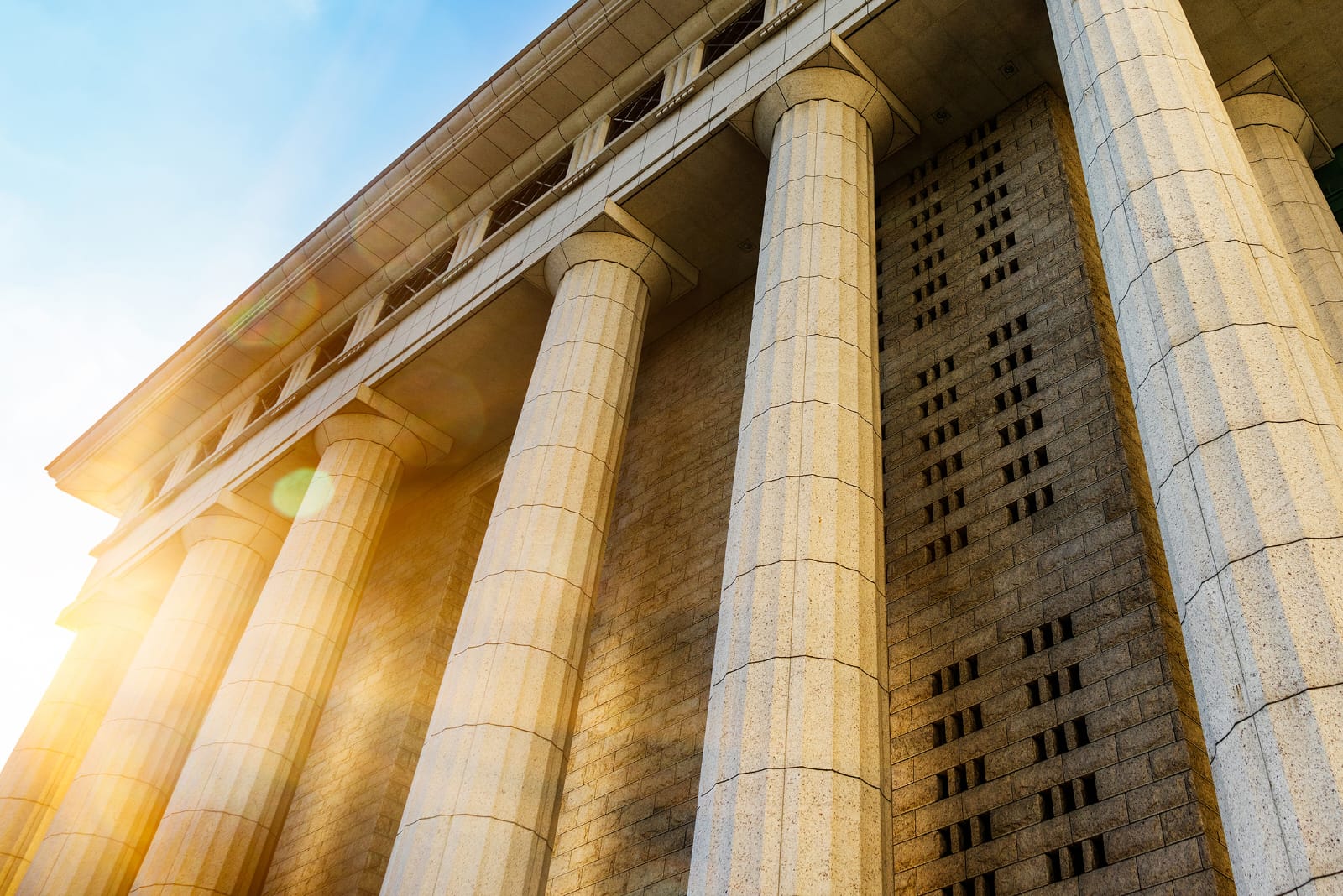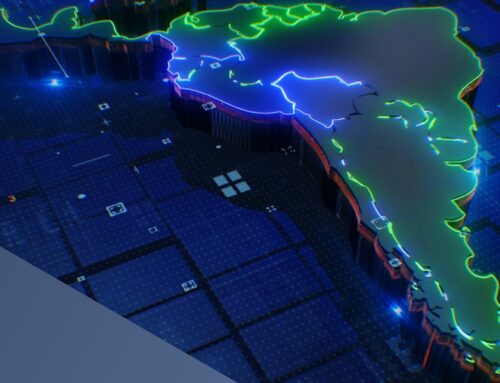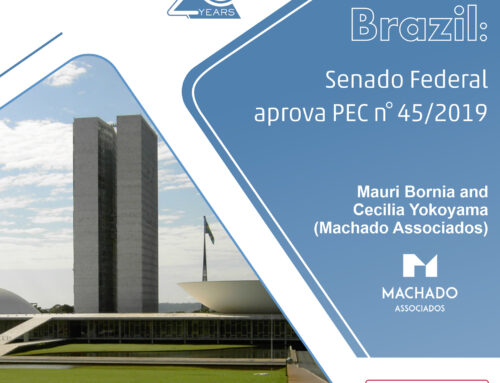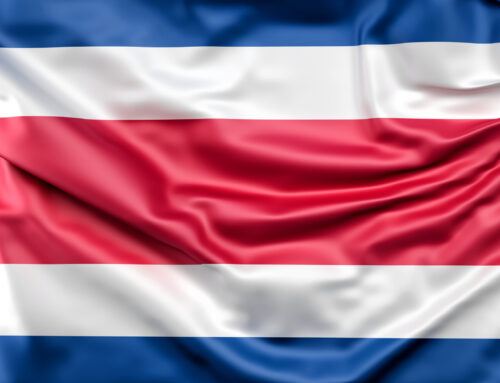Venezuela: Judicial control over arbitration proceedings and arbitration awards in Venezuela
Since the Venezuelan Constitution currently in force was enacted in 1999, arbitration has been considered as an alternative dispute resolution method that is part of the justice system[1], but not of the Venezuelan judiciary.
Subsequently, there has been a relationship between the judiciary and arbitration that has oscillated between harmonious stages, based on the cooperation and effective communication between arbitral tribunals and the judiciary, and other not-so-peaceful stages based on the clash between the arbitral awards and the Court’s orders related to them.
As a principle, both arbitration and the judiciary arise from the same root, namely, jurisdictional power. As explained by S. Truxal:
- The term jurisdiction stems from the Latin “juris-dicere”, or to declare the law; “juris-dare” is to make it. In the words of Beale, jurisdiction is “the power of a sovereign to affect the rights of persons, whether by legislation, by executive decree, or by the judgment of a court”.'[2]
Even though the following statement could be widely discussed in the context of an international arbitration, it is clear that, under the “unity of jurisdiction” principle, and given that up to date -and no without several and well-grounded critics- the State as an administrative organization figure continues to be the basis for the concept of sovereignty and its corresponding jurisdiction, it shall be accepted that is the State who primarily grants – or more properly, substitutes – its own jurisdiction to arbitration in order to have a real arbitral jurisdiction.
In the case of Venezuela, the State does not completely substitute its jurisdiction. In this regard, it only makes possible for arbitration tribunals to decide controversies through the issuance of enforceable arbitration awards while the State continues to be the one authorized to enforce said awards using the monopoly on the use of force that only pertains to the State.
All of the above, plus the status of the relationship between the Judiciary and arbitration, has been recently discussed in the Venezuelan arbitration forum due to the emergence of a recent and already concluded case (Modexel v Polar) where – due to several circumstances – it was brought to the fore some questions, being the most important one whether the Venezuelan Supreme Tribunal of Justice was allowed to directly intervene in ongoing arbitration proceedings where there allegedly were violations to constitutional rights (i.e. right to defense and due process) of one of the parties.
The Venezuelan Tribunal of Justice finally responded said question clarifying that (i) in that case the requirements were not fulfilled for the Constitutional Chamber to know the case through an avocamiento; and (ii) if the alleged constitutional violations persisted after the final arbitration award was granted:
- (…) a respective challenge of the same, if considered pertinent, would proceed either by filing of an eventual appeal for annulment of the arbitration award in accordance with the provisions of the Commercial Arbitration Law, or alternatively through the exercise of an action for constitutional protection or through the constitutional review mechanism, as appropriate.'[3]
Although the quoted decision was not very fortunate in terms of the protection of the arbitration institution – given that it leaves the doors open for the parties to file eventual judicial appeals against arbitrations awards – it is clear that the Constitutional Chamber considered that since arbitration is part of the Venezuelan judicial system, it is governed by constitutional principles set in the Venezuelan Constitution.
As stated, and as it can be seen over the last 20 years, the Venezuelan Supreme Tribunal of Justice has been both – depending on the time – respectful of arbitration proceedings and awards as well as a kind of inspector and reviewer of the same.
However, it is worth noting that said intervention has mostly been driven by either alleged violations of constitutional rights and guarantees or by the violation of public order. That said, another point recently discussed arising from the abovementioned case was to what extend arbitrators, arbitration centres and in some circumstances even the parties, are responsible -both ethically and even may be considered liable- for the maintenance of arbitration proceedings within the framework of respect for constitutional rights and guarantees as well as of the public order, so it can be avoided the intervention of the Venezuelan Supreme Tribunal of Justice in the arbitral jurisdiction.
Finally, it is worth noting that the Constitutional Chamber of the Venezuelan Supreme Tribunal of Justice has stated that an arbitration award may be considered unenforceable if it is found that said award is contrary to the Venezuelan Constitution or even contrary to any of its interpretations made by the same Chamber[4]. It is clear then that the execution phase that takes place before an ordinary court could be considered -somehow- a form of implicit constitutionality review of arbitration awards.
Of course, the ideal situation should be one of cooperation between the Judiciary and the arbitral jurisdiction and not one based on the supervision, review or surveillance by the Judiciary over arbitration. However, due to the above and taking into account the reiterated opinion of the Venezuelan Supreme Tribunal of Justice in terms of the status of arbitration as a part of the justice system and a fundamental right of constitutional rank, it seems advisable for any party that wants to enter into an arbitration in Venezuela – as well as for the arbitrators and arbitration centres – to carefully ensure compliance with constitutional rights and guarantees in order to avoid giving rise to an undesirable judicial intervention in the arbitral venue.
[1]Article 253 of the Venezuelan Constitution
[2]Steven Truxal, Economic and Environmental Regulation of International Aviation: From International to Global Governance (Routledge, 2017)
[3]See decision Nº 0151 issued by the Constitutional Chamber of the Venezuelan Tribunal of Justice on April 30th, 2021.
[4]See, for instance, decisions Nº 1942/2003 and 2070/2007 issued by the Constitutional Chamber of the Venezuelan Supreme Tribunal of Justice.
Writers: Jesus Escudero Estévez and Andrea Cruz Suárez, Torres Plaz & Araujo
Original: https://www.ibanet.org/judicial-control-over-arbitration-Venezuela





